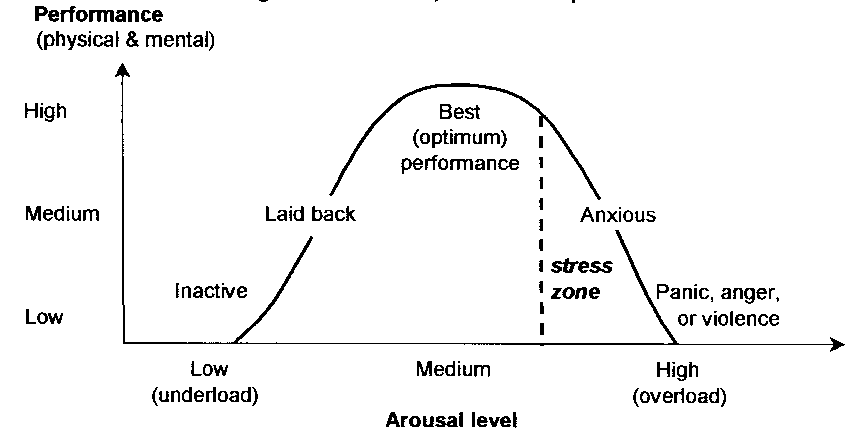Is Sunifiram nevertheless a small molecule like Noopept?
I am wondering how it can be so potent in such a small dosage.
Yes, going by the definition linked by Isochroma, sunifiram and noopept are both small molecules, but not all small molecules are peptides. While noopept is a peptide, sunifiram is not because it is not a chain of amino acids. Peptides are often vulnerable to stomach acid and warm temperatures. A source of the confusion is that the term "peptide" has been incorrectly/unclearly used to mean "illegal secretagogue" and "peptide hormones" in sports doping - we should try to use the term correctly.
Being a small molecule itself doesn't grant a drug access into the brain. There are small molecule drugs that specifically don't work in the brain, e.g. atenolol. The section https://en.wikipedia...eting_the_brain may be of some interest. I forgot where I read this, but drugs like sunifiram induce a conformational change (structural change) in the NMDA and AMPA receptors making them more easily activated. (citation needed)
Thank you for bringing up these concerns.
Wow! Thanks!
Many factors involved, then.
What you say about stomach acid and warm temperatures suggests to me that sublingual administration of a peptide might be preferred over oral administration.
Seeing the reference on conformational change, I wonder if that correlates positively with the long (apparent) half-life of sunifiram. Another question about sunifiram is whether one sunifiram molecule can induce conformational change at multiple sites. I am guessing that is not the case, but if so could be an additional factor contributing to the unusual potency of sunifiram.
I am quite struck by the potency of sunifiram. 1-3 mg sublingually seems to be felt for well over a day. I have developed considerable respect for the potency of the substance!
I am not a chemist by any means, but this stuff is pretty interesting.
Thank you again for your informative reply.



















































